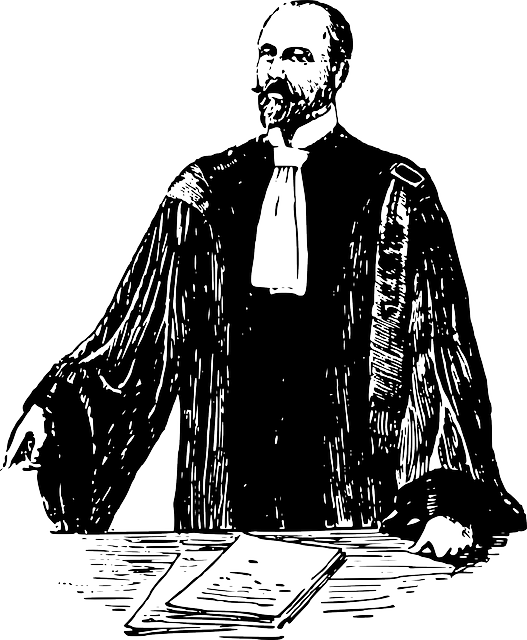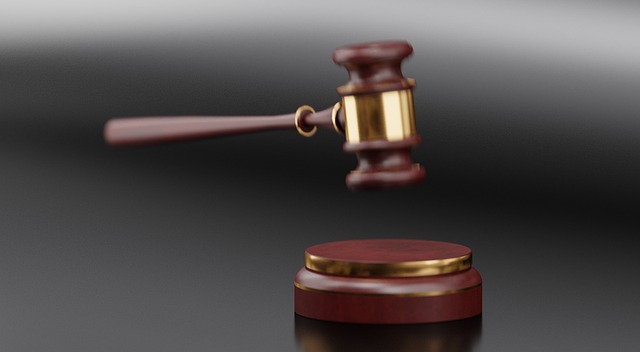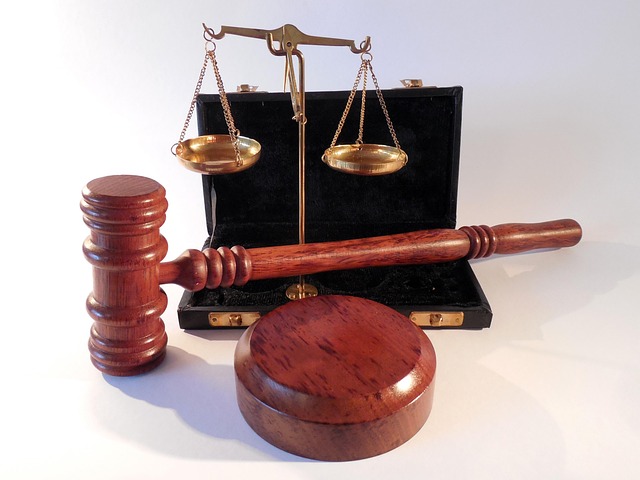Understanding diverse litigation types is crucial for fairness in civil and criminal cases. Recognizing prosecutorial misconduct and ethical violations is key to maintaining integrity, preventing delays or charge dismissals. Alternative dispute resolution paths like administrative litigation and arbitration have distinct complexities. Effective navigation safeguards rights and strengthens public trust in the legal system by deterring misconduct with serious consequences.
In the complex landscape of legal disputes, understanding different types of litigation is paramount. This article delves into the intricate world of legal processes, focusing on two critical aspects: prosecutorial misconduct and ethical violations. We explore how these issues manifest in various forms, examining their ethical boundaries, consequences, and the scrutiny they face through case studies. By understanding these dynamics, we can enhance fairness and integrity within the justice system.
- Understanding Different Types of Litigation
- Prosecutorial Misconduct: Ethical Boundaries and Consequences
- Ethical Violations in Legal Proceedings: Case Scrutiny
Understanding Different Types of Litigation

In the complex landscape of litigation, understanding different types is paramount for both legal professionals and those involved in legal disputes. Each type of litigation—from civil to criminal—has its own rules, procedures, and potential outcomes. Among the many nuances, recognizing prosecutorial misconduct and ethical violations is crucial. These issues can significantly impact the fairness and integrity of a case, leading to potential delays or even the dismissal of charges in extreme cases, as seen in recent examples where defendants were acquitted due to an unprecedented track record of improper conduct by prosecutors.
While jury trials remain a common method for resolving disputes, other forms like administrative litigation—involving disputes with government agencies—and arbitration, a more private alternative to court, offer distinct advantages and challenges. By understanding these variations, individuals can better navigate the legal system, ensuring their rights are protected throughout the process.
Prosecutorial Misconduct: Ethical Boundaries and Consequences
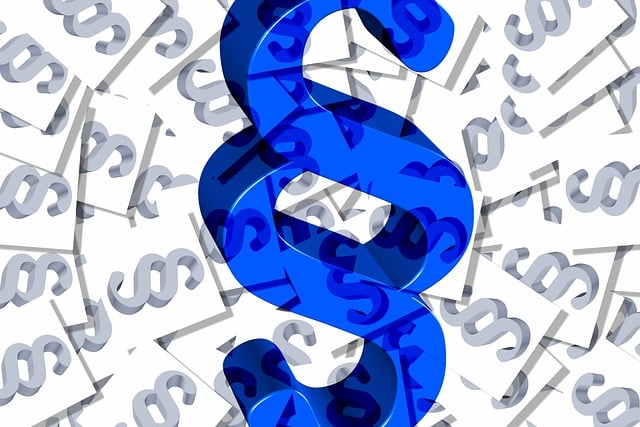
Prosecutorial misconduct, encompassing a range of unethical actions by legal professionals tasked with pursuing justice, poses significant threats to the integrity of the criminal justice system. This includes abuses such as intentional destruction of evidence, false testimony, or biased charging decisions driven by personal biases or political agendas. These ethical violations not only undermine the fairness of individual cases but also erode public trust in the system as a whole.
Consequences for prosecutors who engage in misconduct can be severe. From disciplinary actions like suspension or disbarment to potential civil lawsuits seeking compensatory damages, individuals found guilty of these offenses may face complete dismissal of all charges against them. The impact extends beyond the accused, affecting the integrity and credibility of philanthropic and political communities that rely on an unbiased, fair-minded legal system for protection and justice. In cases where jury trials are involved, the consequences can be even more profound, as jurors may feel misled or manipulated by the conduct of prosecutors, potentially leading to unfair verdicts.
Ethical Violations in Legal Proceedings: Case Scrutiny
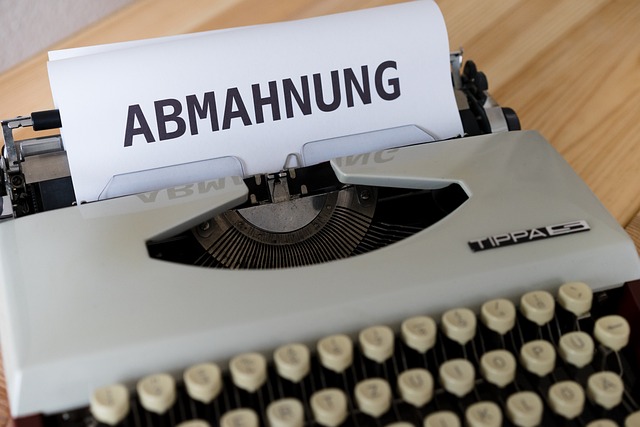
Ethical Violations in Legal Proceedings, such as Prosecutorial Misconduct and Ethical Violations, come under intense scrutiny due to their significant impact on the fairness and integrity of the justice system. Cases involving these issues often attract widespread attention, as they can undermine public trust in the legal process. When instances of prosecutorial misconduct are revealed, it not only affects the specific case but also has implications across the country, reflecting on how legal proceedings are handled for corporate and individual clients alike.
The consequences of avoiding indictment or using questionable tactics to secure convictions can be severe. They highlight the importance of maintaining high ethical standards among legal professionals. Such scrutiny serves as a reminder that the pursuit of justice cannot compromise the principles of fairness and integrity, ensuring that all parties involved in legal proceedings are treated equitably, regardless of their status or the nature of the case.
In navigating the complex landscape of litigation, understanding various types and their implications is paramount. This article has explored two critical aspects: prosecutorial misconduct and ethical violations. By scrutinizing these issues, we highlight the importance of maintaining integrity within legal proceedings. Ensuring fairness and upholding ethical standards are essential to preserve the justice system’s credibility. Recognizing and addressing prosecutorial misconduct and ethical breaches can lead to significant reforms, fostering a more robust and trustworthy legal environment.

